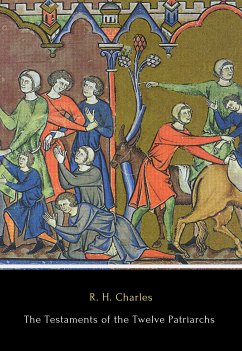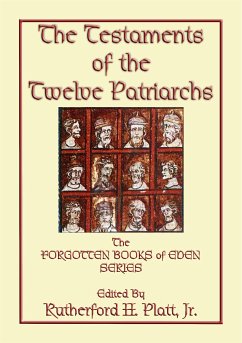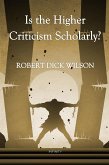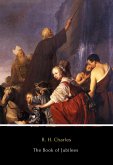The Testaments of the Twelve Patriarchs is a constituent of the apocryphal scriptures connected with the Bible. It is believed to be a pseudepigraphical work of the dying commands of the twelve sons of Jacob. It is part of the Oskan Armenian Orthodox Bible of 1666. Fragments of similar writings were found at Qumran, but opinions are divided as to whether these are the same texts. It is generally considered apocalyptic literature.
The patriarchs share their wisdom, blessings, and admonitions for living a righteous life in accordance with God's commandments. They discuss matters of virtue, morality, and the consequences of both good and evil actions. The text also explores themes such as repentance, faith, and the expectation of a future Messiah.
Scholarly opinions are still divided as to whether The Testaments is an originally Jewish document that has been retouched by Christians, or a Christian document written originally in Greek but based on some earlier Semitic-language material. Scholarship tends to focus on this book as a Christian work, whether or not it has a Jewish predecessor.
The patriarchs share their wisdom, blessings, and admonitions for living a righteous life in accordance with God's commandments. They discuss matters of virtue, morality, and the consequences of both good and evil actions. The text also explores themes such as repentance, faith, and the expectation of a future Messiah.
Scholarly opinions are still divided as to whether The Testaments is an originally Jewish document that has been retouched by Christians, or a Christian document written originally in Greek but based on some earlier Semitic-language material. Scholarship tends to focus on this book as a Christian work, whether or not it has a Jewish predecessor.









